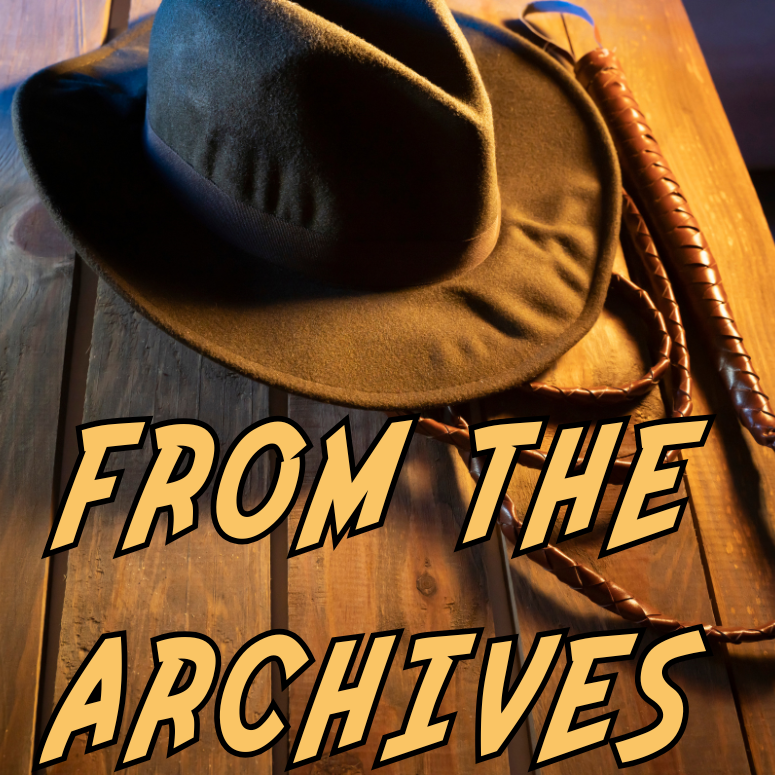From the Archives...

8/15/2025 Contact Margaret Lovell
On Sunday, June 9, 1957, the ministers of Urbana’s Unitarian Church and Universalist Church led a service commemorating the merger of the two churches into one – then called the Universalist Unitarian Church. Rev. Arnold Westwood (Unitarian) and Rev. Earle McKinney (Universalist) co-delivered a sermon titled, “One Great Liberal Church.”
The sermon, preached as a dialogue, included sections on how the ministers wanted the new church to be experienced and seen by its members and the community in ten areas.
The first sentences of the ten sections are:
- FREEDOM: I see a church that delights in diversity of opinion and the open challenge of ideas in the discovery of truth.
- HOSPITALITY: I see a church that knows no bounds to its hospitality; that lets no man that comes unto it be a stranger; that says to all men of every race, class, nationality, and income, “You are welcome here!”
- WORSHIP: I see a church that unites as one body in a common aspiration toward the high and noble values of life.
- EDUCATION OF CHILDREN AND YOUTH: I see a church that is determined to minister wisely to its children and its youth.
- ADULT EDUCATION: I see a church that strives to meet the needs of adult life of all ages.
- THE INDIVIDUAL: I see a church that regards the individual as the end and not the means of group life.
- THE COMMUNITY: I see a church that is alert to the needs of its community and tries to do something about them.
- CAMPUS AND TOWN: I see a church that, in a town like ours, is not content to perpetuate the barriers between the campus and the community.
- THE DENOMINATION: I see a church that is the true representation of its denomination, that personifies the principles and standards of the larger body, and that speaks in its own community for the denomination of ministers and lay people of which it is a member.
- GREAT CAUSES: I see a church that, in its finest hours, sees no limits to its fellowship and sets no horizon to its concerns, that finds itself in the end to be a portion of, only, humanity itself.

